Mehrdad Rahimi, in an interview with the Strategic Council on Foreign Relations website, discussed recent developments in the cyber wars, particularly after the twelve-day war. He said: “In recent years, the structure of cyber threats against countries’ critical infrastructure has become increasingly complex, and the Islamic Republic of Iran is also at the forefront of this digital battle. Cyber assassinations targeting nuclear and military facilities, as well as infiltrations using viruses and malware, etc., have underscored the importance of this domain more than ever.”
The technology expert added: “The Israeli regime and the United States are two main actors of cyber war in West Asia, who impose strategic costs on their opponents through infrastructure attacks and information infiltration.” The expert noted: “Today’s cyber war is not merely about infiltrating systems; rather, it is a combination of information operations, cognitive warfare, and digital destruction. Enemies use artificial intelligence to analyze user behavior and predict security patterns.” According to him, “Some Western technology companies cooperate with intelligence agencies in projects to design algorithms that can carry out targeted attacks against countries.”
Rahimi emphasized: “The new cyber war has erased the line between military and civilian. Attacking the power grid, banking systems, or healthcare infrastructure is just as destructive as a military operation. Therefore, alongside strengthening cyber defense systems, Iran must focus on developing indigenous artificial intelligence capabilities to be able to identify and neutralize attacks in real-time.”
The expert discussed the need to formulate domestic policies to increase trust in the digital domain and indigenize infrastructure, saying: “In a world where technology has become a tool of power and domination, a country that does not possess its own data has practically ceded its national security.”
He added: “One of the main axes of policymaking in the technology sector should be creating ‘digital trust’; meaning that users, businesses, and governing institutions can trust the security of data and the country’s infrastructural independence. This trust is realized when critical infrastructure, such as servers and cloud networks, is developed based on indigenous knowledge within the country.” Rahimi added: “Using artificial intelligence in cybersecurity is a type of intelligent pre-defense that can identify signs of infiltration even before an attack occurs.”
He noted: “Cyber war is no longer limited to governments; large technology companies and social platforms have also become security actors; therefore, indigenizing digital infrastructure is no longer a choice, but a condition for survival in the new technological order. Countries that move sooner towards data independence and self-sufficiency in basic software will not only have more security in the future but will also be pioneers in exporting knowledge and technology.”
The Importance of Non-Western Technological Alliance
Rahimi addressed the importance of Iran’s cooperation with Eastern powers and said: “The world is transitioning from a unipolar digital order towards a multipolar technological one. China is formulating new standards for the internet, data, and artificial intelligence, which is a direct challenge to the technological hegemony of the West.”
He explained: “Tehran’s cooperation with Beijing in the field of artificial intelligence and cybersecurity, in addition to its technological aspect, also has a geopolitical dimension. Establishing joint communication networks and algorithms can lead to the formation of a non-Western digital security framework that protects countries’ national interests against Western sanctions and information infiltration.” He added: “Within this framework, the development of indigenous hardware, specialized AI chips, and secure data distribution networks can be achieved. The goal is not confrontation but creating balance in the global technological order so that no country can impose its will on others through technology.”
Rahimi emphasized, “If power was once summed up in oil and energy, today data and artificial intelligence are the main axes of power. The future of global security depends on artificial intelligence, but this future must not become a tool of domination; rather, it must be shaped based on ethics, transparency, and independence so that technology serves human development.”


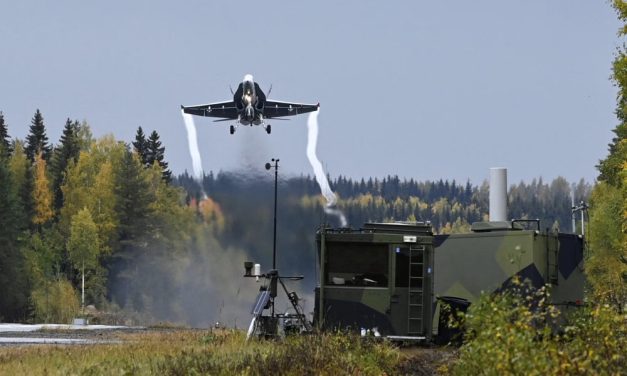
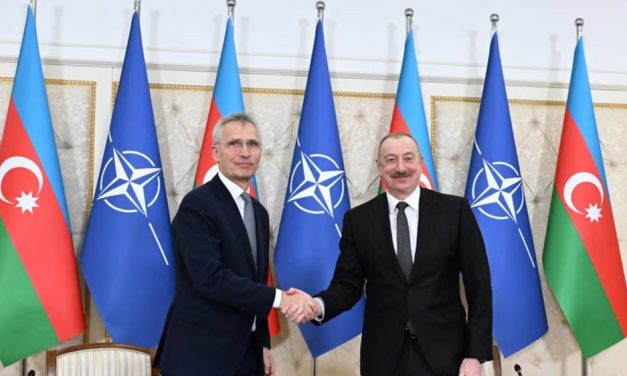
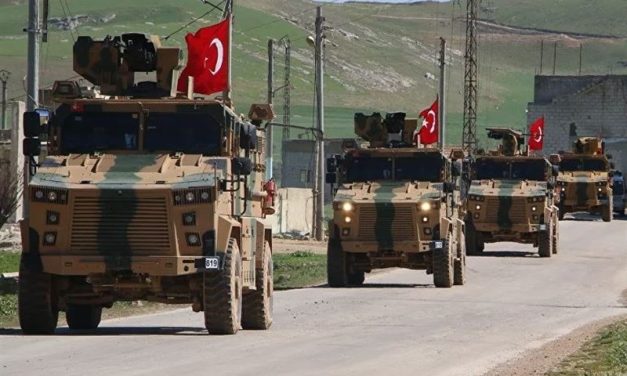
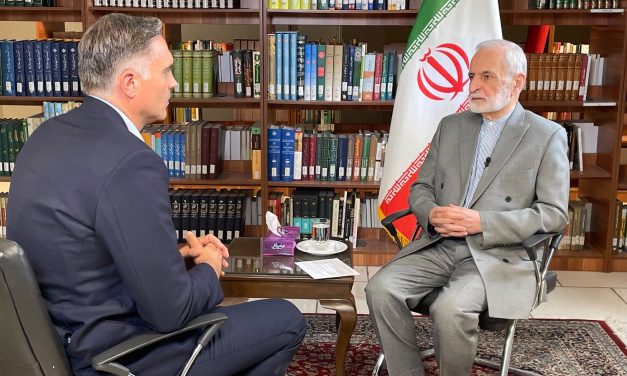
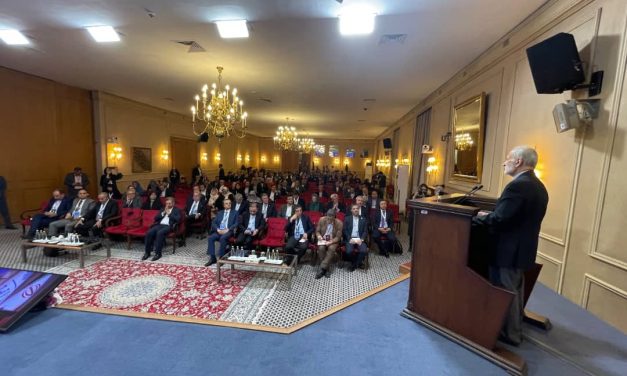
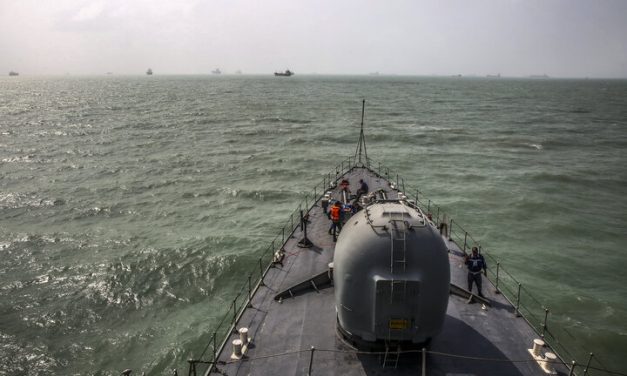


0 Comments